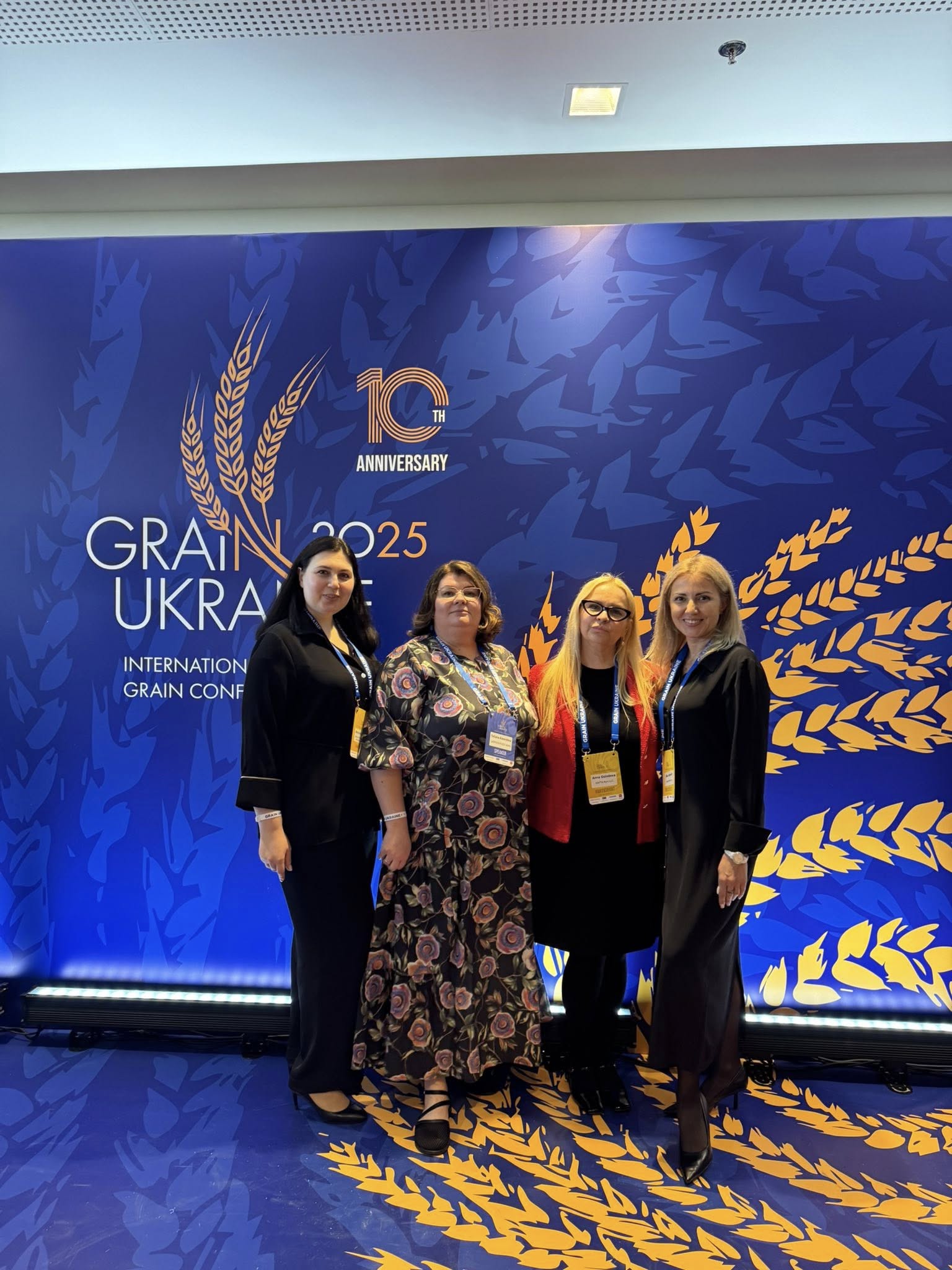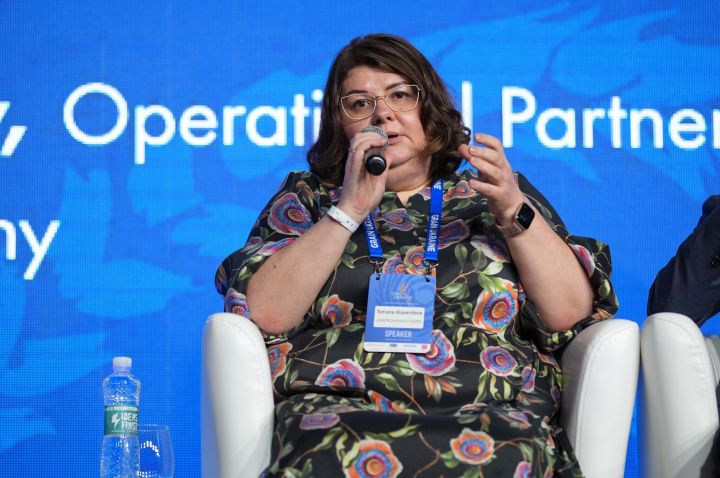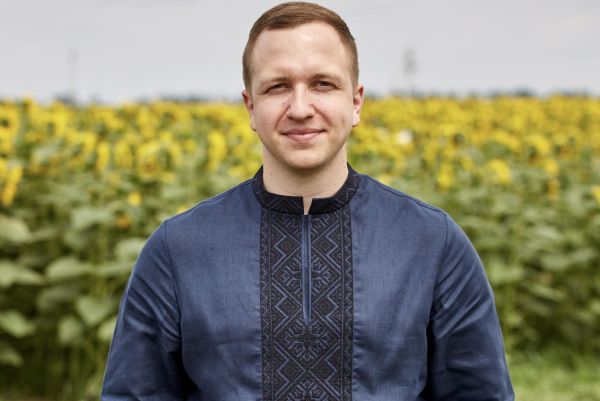“It All Looks Like a Game in Favour of Processors” — Tetiana Alaverdova on Oilseed Duties and Growers’ Losses After September 4
Growers expected duty-free exports, but after September 4, they faced the reality: they would have to pay duties on soybeans and rapeseed. UKRPROMINVEST-AGRO estimated its additional costs at $1.3 million. Tetiana Alaverdova, Director of the Commercial Department of the holding, explains how producers fell into a trap and why the situation looks like a win for processors.
Latifundist.com: Tetiana, how did September 4 affect your company?
Tetiana Alaverdova: We woke up and learned that we had to prove we were producers. But in the hastily adopted law, there was simply no mechanism for that. Meetings and consultations at the ministry began, but ultimately, at the Cabinet level, it was announced: if you want to export rapeseed or soybeans, you must pay the duty.
Latifundist.com: Was that said officially?
Tetiana Alaverdova: Essentially, yes. And here’s the biggest paradox: we register tax invoices, tick the boxes, show that this is our own grown product. But the tax office responds: “It’s your right to tick or not to tick, we only verify VAT. We don’t know if you are a producer.” Other agencies also don’t want to take responsibility. Yet the state has plenty of tools to verify this — from tax data to bank transactions and harvest statistics. But no one is using them. As a result, we were left without the preference we had been promised. We were assured we’d have the right not to pay duties, but in practice, that right doesn’t exist.
Latifundist.com: How did this impact your volumes?
Tetiana Alaverdova: We have signed contracts for both soybeans and rapeseed. All the rapeseed sold is already in port, part of it even loaded on vessels. But we were told: at the time of export, the law was already in force, so pay the duty. Now we either have to cancel previous customs declarations or file new documents.
By our estimates, this means about $1.3 million in additional costs — essentially direct losses for the company.
Latifundist.com: And what about soybeans?
Tetiana Alaverdova: The situation is similar. We’re not the biggest player; there are companies with larger volumes. But even we have some soybeans and rapeseed left unsold. Now we are forced to factor in a 10% loss in the budget. On the domestic market, we are also discounted on price.
Latifundist.com: How are processors reacting?
Tetiana Alaverdova: They raised purchase prices a little to show: it’s more profitable to sell to them than to pay the duty. But I see this as manipulation. In reality, the price dropped by around 8%. So the discount is smaller than the duty itself, but still significant.

What I regret most is for small farmers. They are trapped — they planned to export, counted on that money, but now simply don’t have the resources to pay the duty. This is especially painful in regions affected by drought: there farmers are completely stuck.
Latifundist.com: What is happening in the ports?
Tetiana Alaverdova: Ships are idle. Multinationals are forced to pay demurrage because they can’t process cargo. For example, Cargill brings vessels, but they’ve already been waiting five days at Sulina. Several other vessels are standing directly in ports.
Latifundist.com: Is there a chance to recover the losses through lawsuits?
Tetiana Alaverdova: The authorities say: go the legal route, file lawsuits. But we understand that this will take years, and it’s still uncertain whether the money will be returned. One option is to develop a compensation mechanism for those who paid after September 4. But that must be passed by parliament. And whether it will be approved, no one can guarantee.
Learn more: We Are Suing, Reducing Soybean Acreage, and Considering Tolling — Anton Zhemerdieiev on TAS Agro’s Strategy After September 4
Latifundist.com: In your opinion, is this negligence by officials or a deliberate game in favour of processors?
Tetiana Alaverdova: At the moment, everything points to it being a game in favour of processors. I always support the market, but any duties and restrictions are pressure. If it worked earlier with sunflower, it doesn’t work now.
Latifundist.com: What are producers’ moods now? Hold grain or sell to processors?
Tetiana Alaverdova: It all depends on one’s “pocket.” If you need money, you sell. We, for example, will hold for now, because we grow non-GMO soybeans. The market mostly processes GMO soybeans, and we lose additionally on that discount.
Kostiantyn Tkachenko, Latifundist.com




